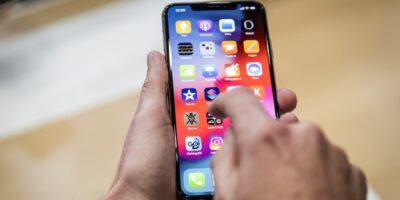When the WiiU was released to a relatively mediocre response, Nintendo wasn’t sure what to do. In all respects, the WiiU was something to champion — it was an innovative console that relied upon some impressive new gimmicks. In other words, the WiiU was exactly like any other Nintendo release. Still, Nintendo knew that they mucked up and thus had to set sights on a way to fix it. This decision led us to the Nintendo Switch, one of the most shockingly successful gaming consoles of all time. Let’s take a step back and look at just how it happened.
To start things off, the Nintendo Switch is the first hybrid console that we’ve seen from a major developer. Disregarding ‘Kickstarter’ style consoles, the Nintendo Switch seamlessly blended the mobile gaming experience and the traditional gaming experience. Nintendo’s decision to opt for a massive handheld screen and an easy-to-use dock for stationary use was more than just a good idea — it was revelatory. Nintendo has, for years, been focusing on improving the way that people play games while socializing and this was one of the major steps forward.
Next, the biggest problem that the WiiU dealt with was a lack of proper titles outside of their own wheelhouse. Nintendo had always opted to chase family-friendly titles while completely disregarding the indie market. This completely changed with the Nintendo Switch. Nintendo made it their renewed focus to grab more mature titles for their aging audience while also expanding into the indie market. Among those mature titles, we’ve seen ‘Red Dead Redemption 2’, ‘Skyrim’, and even a ‘Doom’ port make its way over to the console. Now, Nintendo is even working with the cult classic ‘Super Meat Boy’ in order to get it properly released.
Finally, Nintendo has disregarded the conventions that they’ve typically shackled themselves to. Nintendo is no longer leaning solely on their younger demographic to carry their titles. The team at Nintendo is also no longer focusing on bringing out high-expense work. The Switch hit the market more than 200 dollars cheaper than the XB1 and 100 dollars cheaper than the PS4. WHat Nintendo effectively did here was create a market for themselves. A mobile/stationary hybrid console that was sold at a discount was an instant hit and Nintendo has thus far managed the growth of the system like the professionals that they are.









